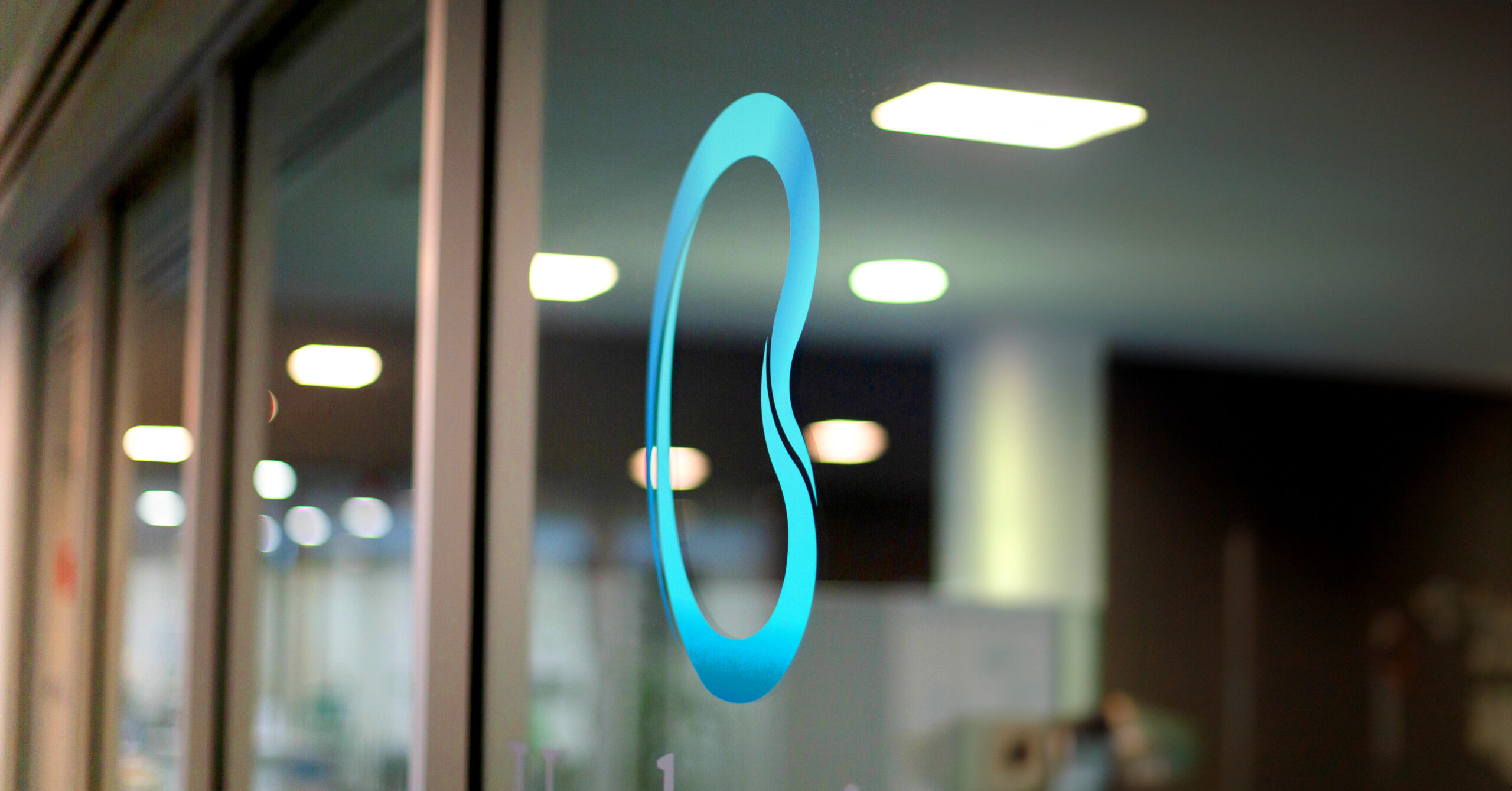
What is Urolift?
The Urolift System treatment is a minimally invasive approach to treating an enlarged prostate, or BPH, that lifts or holds the enlarged prostate tissue out of the way so it no longer blocks the urethra. A cystoscopy is performed. This is a procedure where a telescope is used to inspect the urethra (water-pipe), the prostate (in men), and the bladder. A very clear and magnified view can be achieved. The surgeon then places small permanent tissue retractors into the prostate, holding the enlarged tissue back to relieve urethral pressure and allow urine to flow easier. Either a general anaesthetic or a spinal anaesthetic can be used. It may be a day procedure or possibly an overnight stay. A catheter may be inserted to aid bladder drainage and comfort after the procedure. The benefits of this surgery is that there is no cutting, heating or removal of prostate tissue. Sexual function is preserved and it does not cause any permanent urinary incontinence.
Preparing for your procedure
We will provide you with instructions regarding all aspects of preparing for your operation.
- Pre-operative blood and urine tests
- Details of admission to hospital
- Information regarding fasting and medications
What to expect afterwards
You are usually able to eat and drink what you like after the surgery. You will be encouraged to maintain a good fluid intake. Pain relief is always available, however, it is not usual to have significant pain after this procedure. You will most likely experience irritation and have a frequent need to urinate afterwards. There will most likely be some blood in the urine which should settle within a few days. If you have a catheter, it will be attached to a bag which drains urine from the bladder. The catheter will usually be removed the following day. A combination of the surgery and the catheter can cause bladder irritation and sometimes bladder spasm. After removal of the catheter, there will most likely still be some blood in the urine. Once we can see that you are passing urine satisfactorily then you are able to go home. You will be given pain relief if required and antibiotics if necessary to take home with you.
Complications
This is generally a very safe procedure with a low risk of complications.
- The chance of infection is <5%
- Significant bleeding requiring readmission to hospital or blood transfusion is <5%
- The chance of an injury or perforation of the bladder is <1%
After discharge from hospital
You should drink extra fluid over the first week or two after surgery. Drinking 1500-2000mL per day is usually satisfactory. Do not drink excessively. Aim to keep your urine a pale yellow or straw colour. If you find your urinary symptoms are not improving or become worse, then you could have an infection. Either contact our office or see your GP to organise a urine test and prescribing of antibiotics. If you do notice blood in the urine, then drink extra water to dilute the urine. Occasionally there is more excessive bleeding, and large clots in the urine that make it difficult to pass. If this occurs, please contact our office, contact your GP or present to a hospital emergency department for assessment. You should be able to recommence most of your usual activities shortly after surgery. Please avoid heavy lifting or straining until bleeding settles.
Driving
You should not drive for at least 3-4 days after having the operation (or as instructed by your Urologist) Patients who are travelling outside the metropolitan area are required to check when they are able to travel, and will be required to stay in the metropolitan area for 24 hours (or as instructed by your Urologist).
Emergency Contacts
In the event of an emergency, call our office within business hours and speak to our Practice Nurse. If out of hours, please call our office to contact our On-Call Urologist, or present to your nearest Emergency Department.
Ashford Hospital
55 Anzac Highway, Ashford SA 5035
8375 5205
Until 10:00 PM
Flinders Medical Centre (access to Flinders Private Hospital)
Flinders Drive, Bedford Park SA 5042
8204 5511
24 Hours
Calvary Adelaide Hospital
120 Angus Street, Adelaide SA 5000
8227 7027
24 Hours Royal
Darwin Hospital
Rocklands Drive, Tiwi NT 0810
8922 8888
24 Hours
**For patients outside the Metropolitan area, please present to your nearest hospital emergency department.
Follow Up
A post operative appointment will usually be made for you prior to your procedure. Please ask your Urologist, or contact our rooms to ensure arrangements are in place. You will have a post operative review at 4 weeks in the consulting rooms with a flow test on the day. This is to determine the success of the prosthesis and ensure your urine flow is satisfactory. If you have any concerns after your procedure, please contact our office and speak to one of the practice nurses.
The content provided within this document is intended as a guide only and does not apply to all patients. Additional information, including patient specific potential risks, must be obtained during consultation with your Urologist.